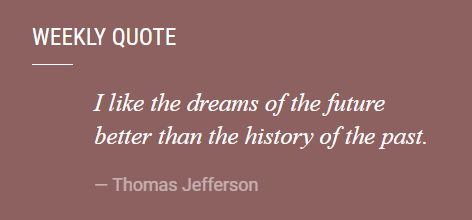When it comes to resumes, there’s a lot of hype about making yourself stand out from the competition. The job market is fierce, so you want to position yourself as best as possible and make employers want to learn more about you and not the other guy. Some people try to achieve this by making themselves appear more personable through incorporating details such as hobbies or interests on their resume. While this can show that there’s more to you than just your job, you want to use hobbies with caution.
They can be distracting and take up valuable space on your resume if they really have no relevance to your career. While you may be proud that you can match skills with Julia Child or perform like the next Tiger Woods on the golf course, what does that have to do with your ability to be a stellar accountant or drive business development? It also provides another opportunity for subconscious bias depending on what you list and how it aligns with your employer’s views or opinions.
Having a separate section for hobbies probably isn’t the best way to go about injecting your resume with a little more flair. But there are more subtle ways to incorporate hobbies and show your personality.
- Leverage Volunteer Experience
Are you an avid photographer who takes pictures at local events or for a nonprofit? Add it to your resume. Do you coach your child’s baseball team? Include that too. These items demonstrate your community involvement while also showing things that you’re passionate about. It’s a great way to add some personality while still keeping things professional.
- Use Your Cover Letter
Mention how your affinity for international travel has helped you to develop a greater understanding of other cultures or learn more about foreign businesses. Find ways that your hobby supports your ability to better do your job or be a stronger fit with the company. This may require some creative thinking, but take time to reflect on what you’ve learned and how this can work to your advantage.
- Update Your LinkedIn
There may not be a definitive spot for hobbies on your resume, but when you direct a potential employer to your LinkedIn profile, you can add more personality there. Follow groups that have to do with your interests, engage in professional discussions, post relevant articles, and mention any awards you’ve won. You still want your LinkedIn profile to be professional, but you have more flexibility on what you include and how you engage.
- Network Within Your Hobby
Are you part of weekly book club, engage in CrossFit five days a week, or knit hats for children with cancer? Strike up a conversation with people you interact with. Clearly they have similar interests, and you never know when networking could lead to new job opportunities. They may be in management or could put in a good word for you, and they already see you as a more well-rounded person because they know you outside of work.
Your hobbies may not be printed in black and white on your resume, but you can still incorporate them in the information you do present. Remember to focus on what is most relevant and could work to your benefit rather than including something just for the sake of having it there.

